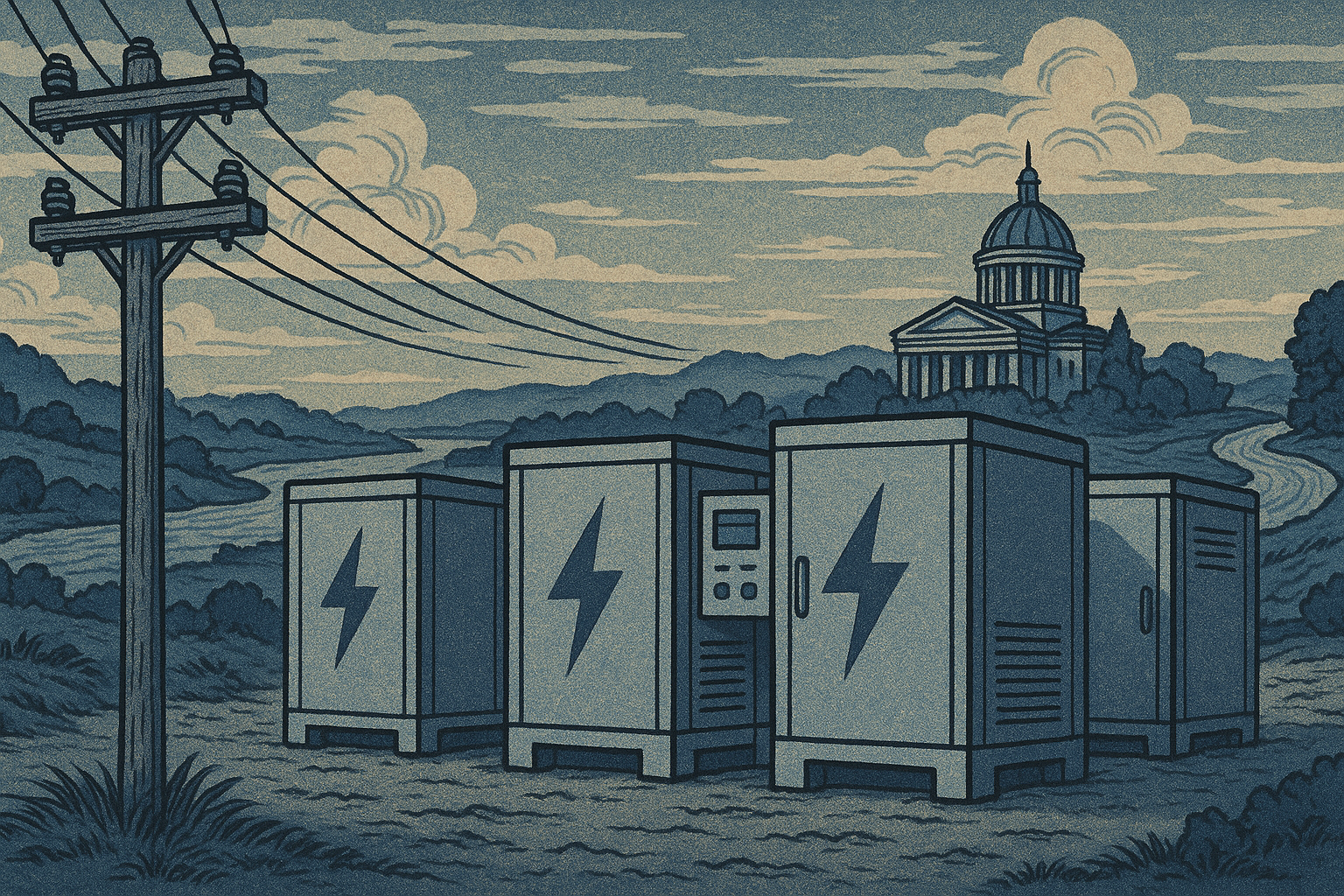🇩🇪 Germany Opens Inertia Market & Grid Tariff Reform
🇩🇪 Germany Opens Inertia Market & Grid Tariff Reform
Germany’s Federal Network Agency (Bundesnetzagentur) has begun reviewing its electricity network tariff system and is exploring changes that could impact energy storage facilities beyond their current exemption until 2029. Options include fixed standing charges, capacity-based pricing, or dynamic tariffs linked to time and location, aiming to improve cost recovery and incentivise flexible operation. Separately, from 2026, German transmission system operators (TSOs) will introduce a paid market for inertia services, enabling BESS with grid-forming capabilities to earn revenue under multi-year contracts.
Technical Highlights
- Network tariff reform goals:
- Spread grid cost beyond end-consumers to include generators and storage.
- Possible structures: standing charges (fixed fees), capacity-based prices, or time/location-specific dynamic tariffs.
- Current BESS exemption from grid fees ends in 2029; new framework to maintain market participation while contributing to grid costs.
- Inertia services market:
- TSOs to publish fixed price for inertia by 28 Jan 2026, valid for two years.
- Contracts: 2–10 years, annual payments based on availability, with premium rates above 90% uptime.
- Four product categories; BESS expected to target premium tier.
- Compliance with defined technical specifications for inertia provision required.
BESStology Perspective
- New Revenue Stream for BESS: Providing synthetic inertia creates a predictable, long-term income source for grid-forming BESS projects.
- Shift to Grid-Forming Inverters (GFM): The regulation encourages a transition from grid-following to grid-forming inverters, enabling BESS to deliver critical stability services in low-inertia power systems.
This post is licensed under CC BY 4.0 by the author.
